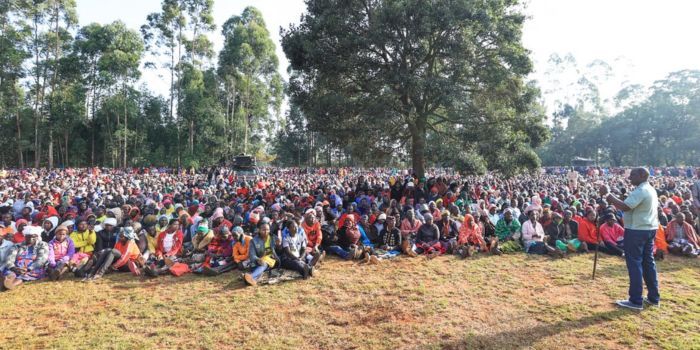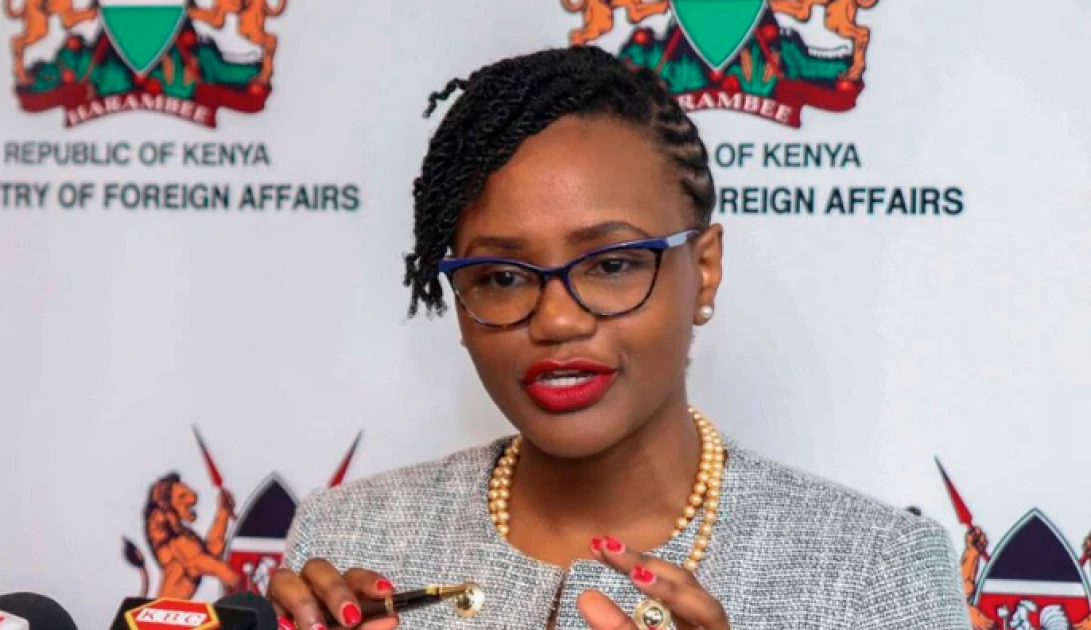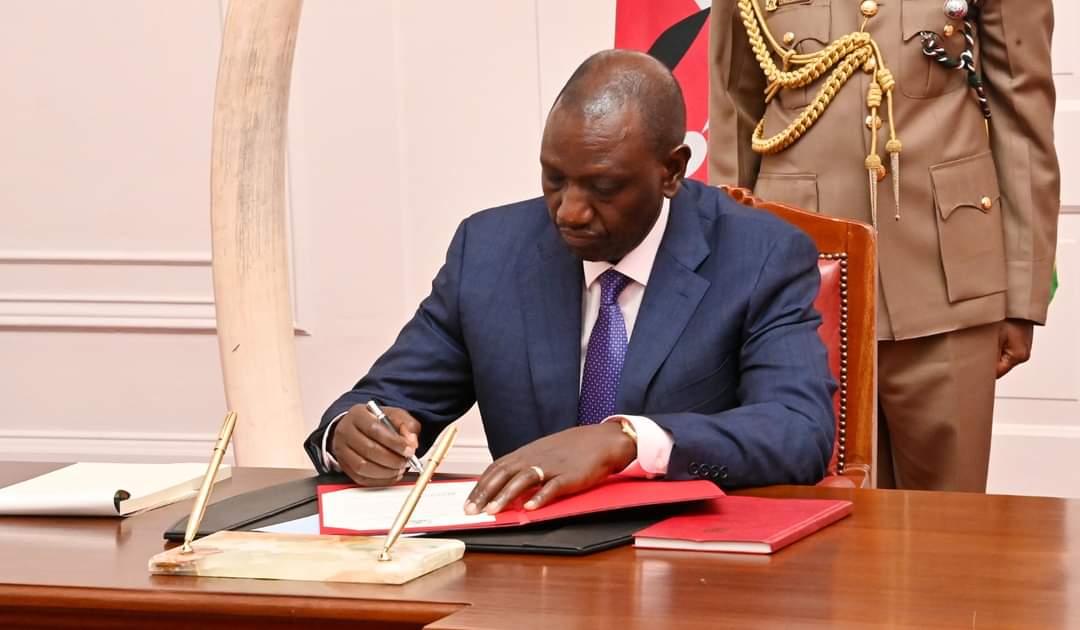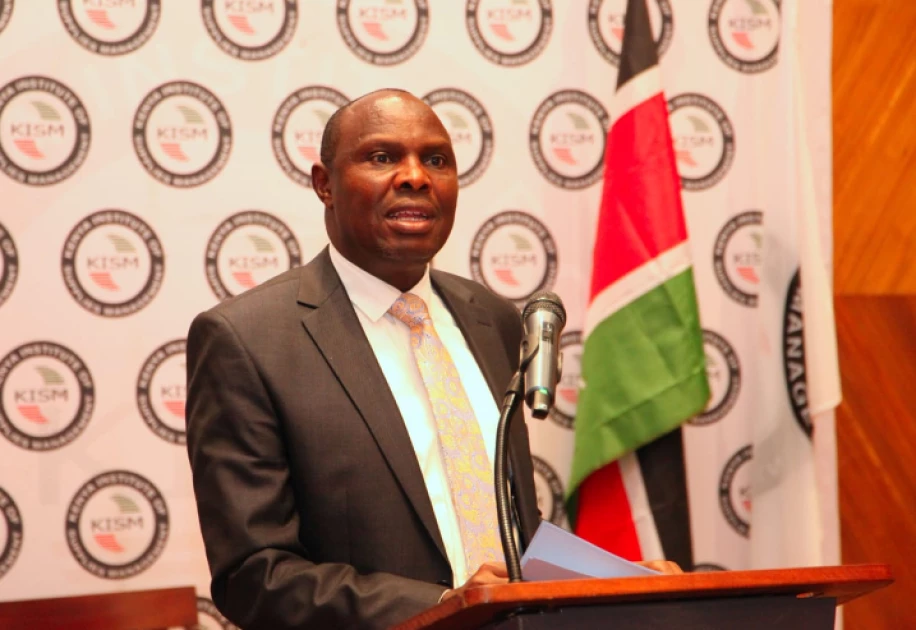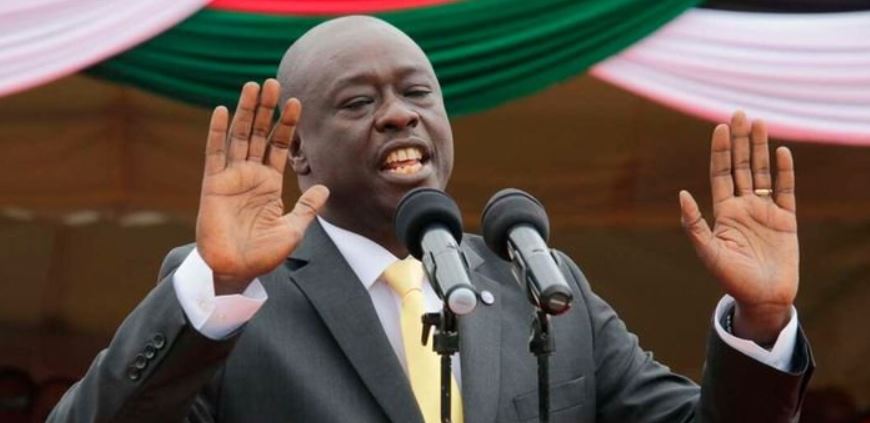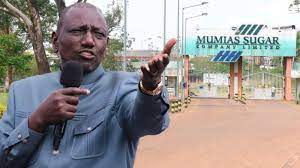

Kenya’s Cabinet Secretary for East African Community and Arid and Semi-arid Lands, Hon. Rebecca Miano, has underscored the importance of a vibrant private sector in promoting economic growth at the national, regional and continental levels in Africa.


Miano said that the Private Sector accounts for 80 percent of Africa’s total production, two-thirds of investment, and three-quarters of credit in addition to employing 90 percent of the continent’s working-age population.
Miano said that a robust private sector was indispensable to the realization of Africa’s sustainable and economic transformation.
“The success of Africa’s economic integration is premised on the role of the private sector in achieving growth objectives of Africa’s economies, and by extension, creating greater wealth and expanding employment opportunities,” said the CS.
Miano urged African Regional Economic Communities, the EAC included, to upscale investment in agricultural and extractive industries through value addition to expand the potential of both value chains.
“Regional value chains are essential for promoting intra-African trade, economic integration, and industrial development. They offer opportunities for countries to leverage their comparative advantages, enhance productivity, create jobs, and increase their share of value-added activities within the global economy,” said Miano.
The CS was giving the keynote address during the opening session of the 14th African Union High-Level Private Sector Forum at the Kenyatta International Convention Centre in Nairobi, Kenya.
The CS said that collaboration of regional value chains in Africa will open up domestic markets, achieve economies of scale and improve competitiveness in the global market arena.
“To increase their overall output, Africa’s Regional Economic Communities need to harmonise trade policies, scale down non-tariff barriers, improve transportation infrastructure, and promote skills development and technology transfer, all of these, key drivers to Africa’s integration in trade and investment,” she said.
Speaking at the forum, the EAC Deputy Secretary General in charge of Customs, Trade, and Monetary Affairs, Ms. Annette Ssemuwemba, urged the Forum to come up with practical and timely solutions to the current economic crisis facing the African continent caused in part by the Covid-19 pandemic, adding that EAC Partner States economies were on a growth trajectory, though slowly.
“The post-COVID-19 economic recovery since 2021, indicates the region’s GDP growth of approximately 4% in 2022 and is expected to increase to 4.7% by the end of 2023 as countries continue reopening their economies. It suffices to note that all EAC Partner States have experienced positive growth ranging from 1.5% to 11% in the last two years,” said Ms. Ssemuwemba.
Ms. Ssemuwemba, who represented the EAC Secretary General, Hon. (Dr.) Peter Mathuki, said that the agricultural sector in the EAC had over the last three years faced challenges attributed to drought, and other economic shocks that have resulted in a reduction in agricultural production ranging from 2.6% to 7% across the entire region.
“Export of agri-food declined by 13% and 25% in low- and middle-income countries. These have worsened the food security situation in most African countries and foreign earnings by African countries,” said Ms. Ssemuwemba.
The DSG said that despite the numerous opportunities that have been brought about by AfCFTA which offers the continent an opportunity to grow intra-Africa trade with a market of over 1.2 billion people, leaders and policymakers need to come up with measures to address the many challenges that impede the continent from harnessing this opportunity.








